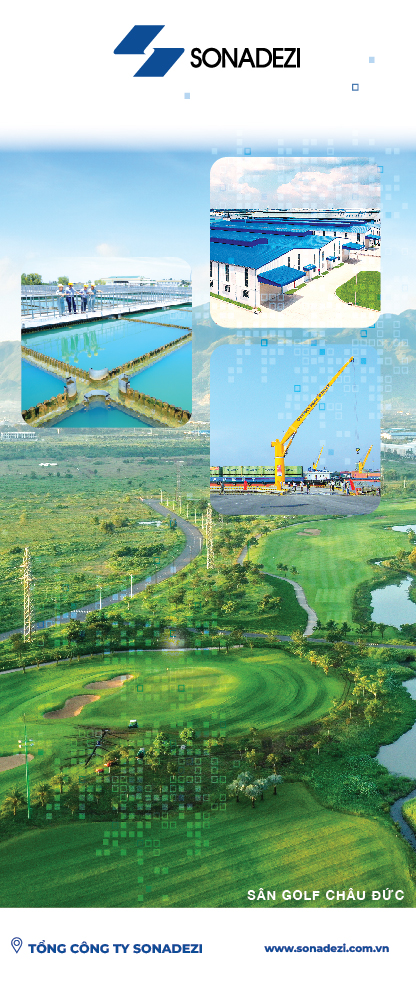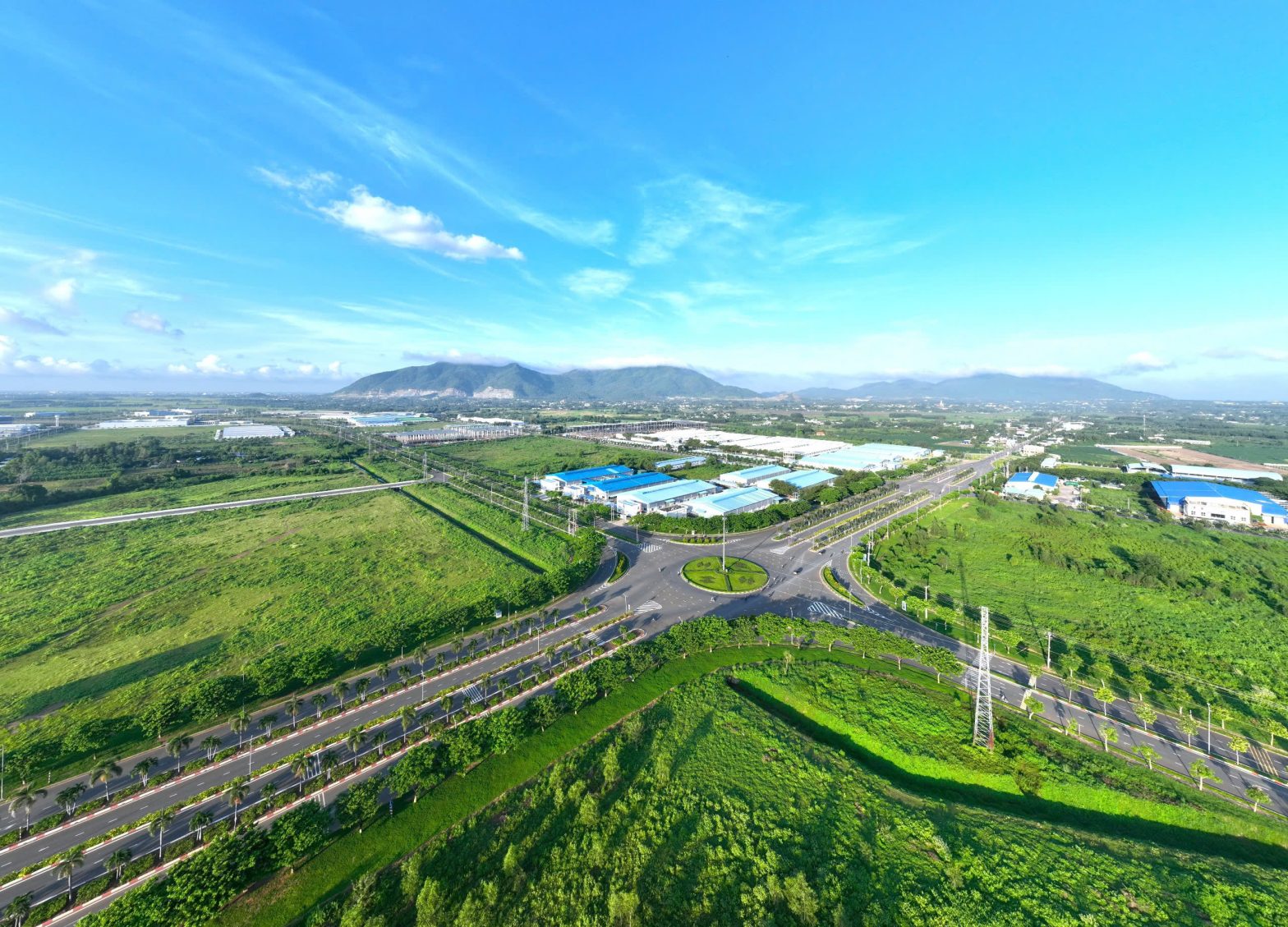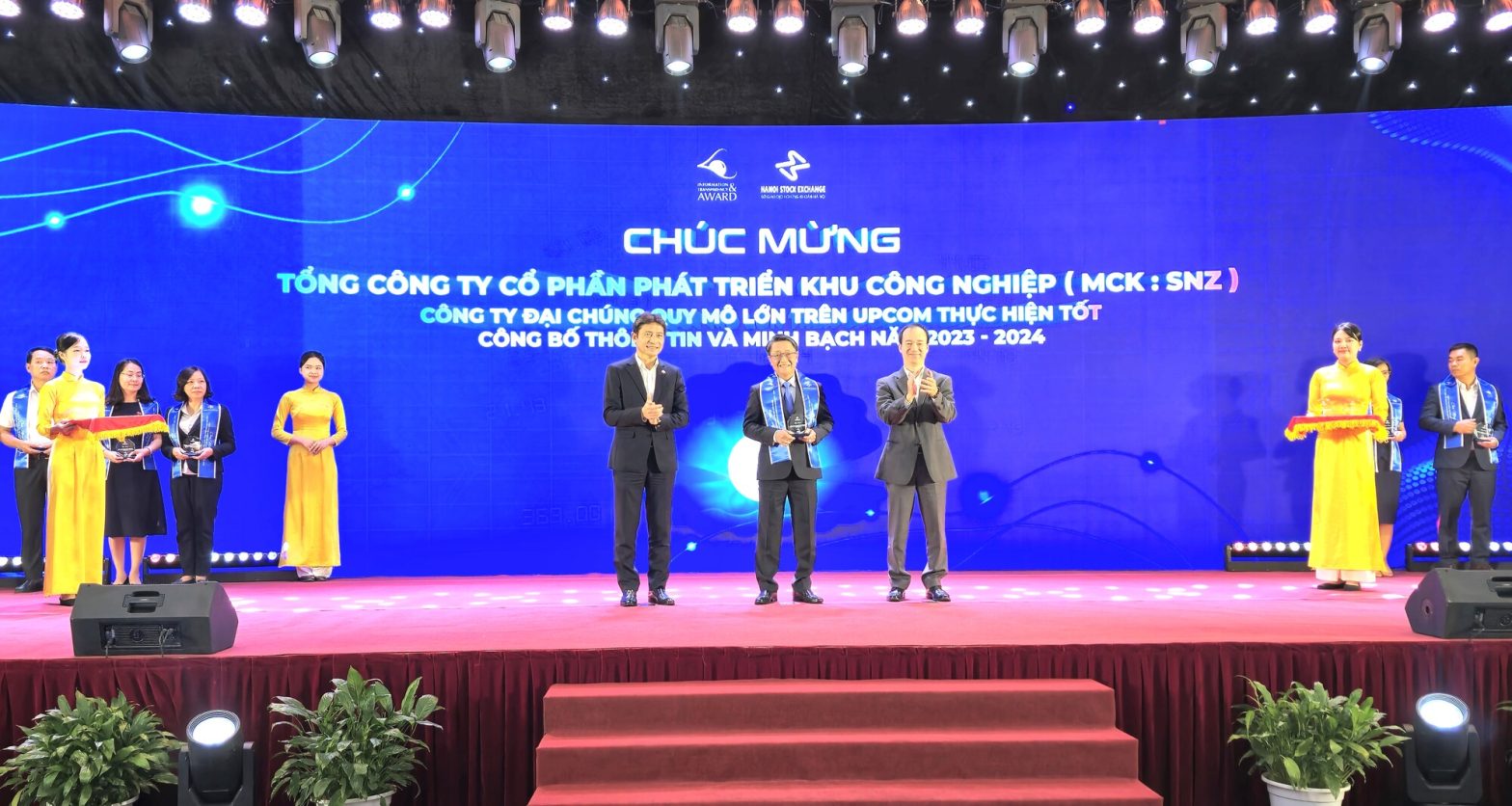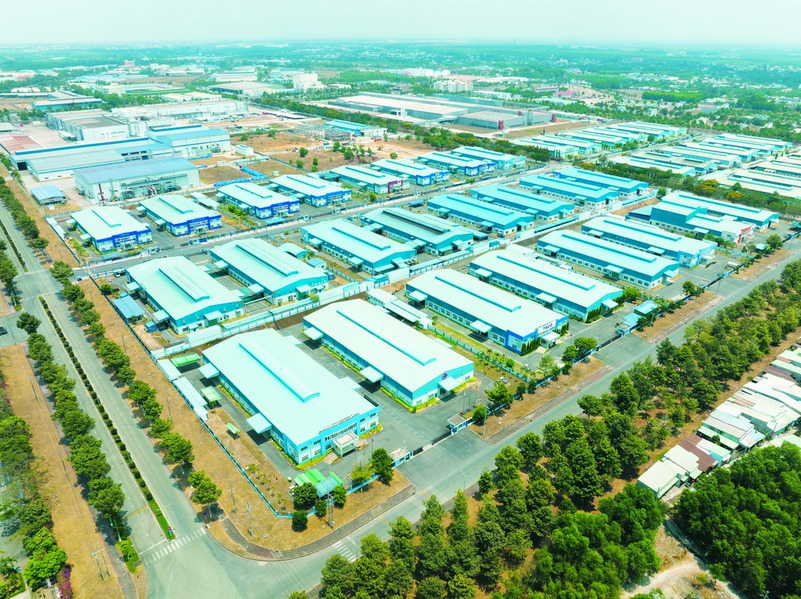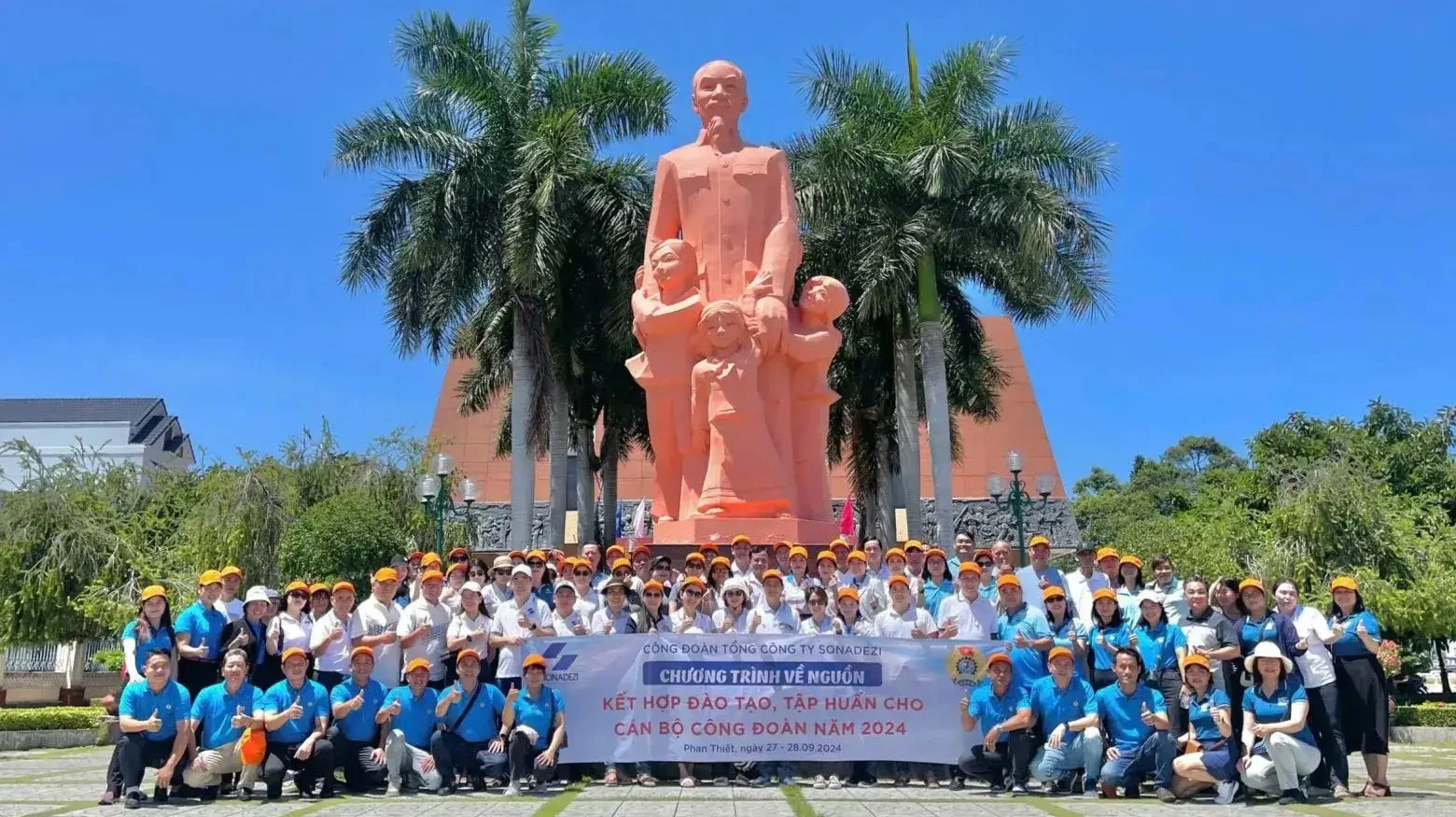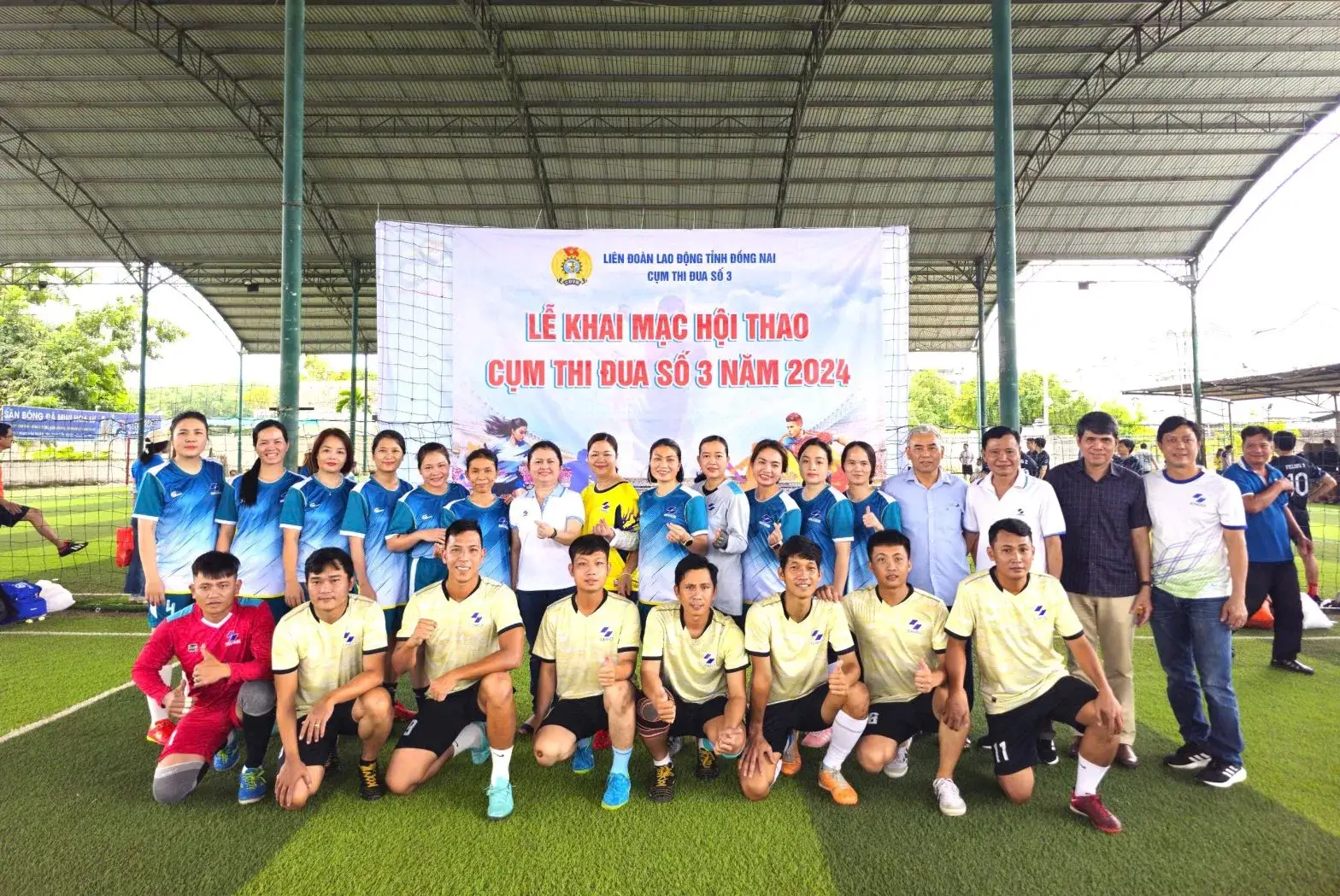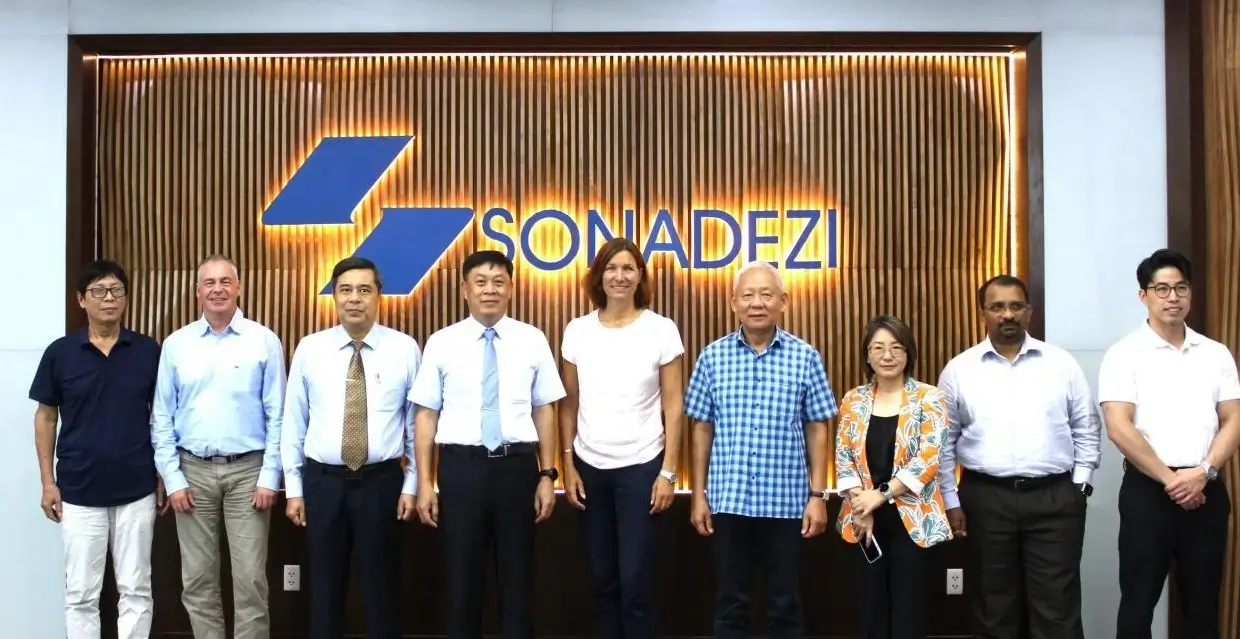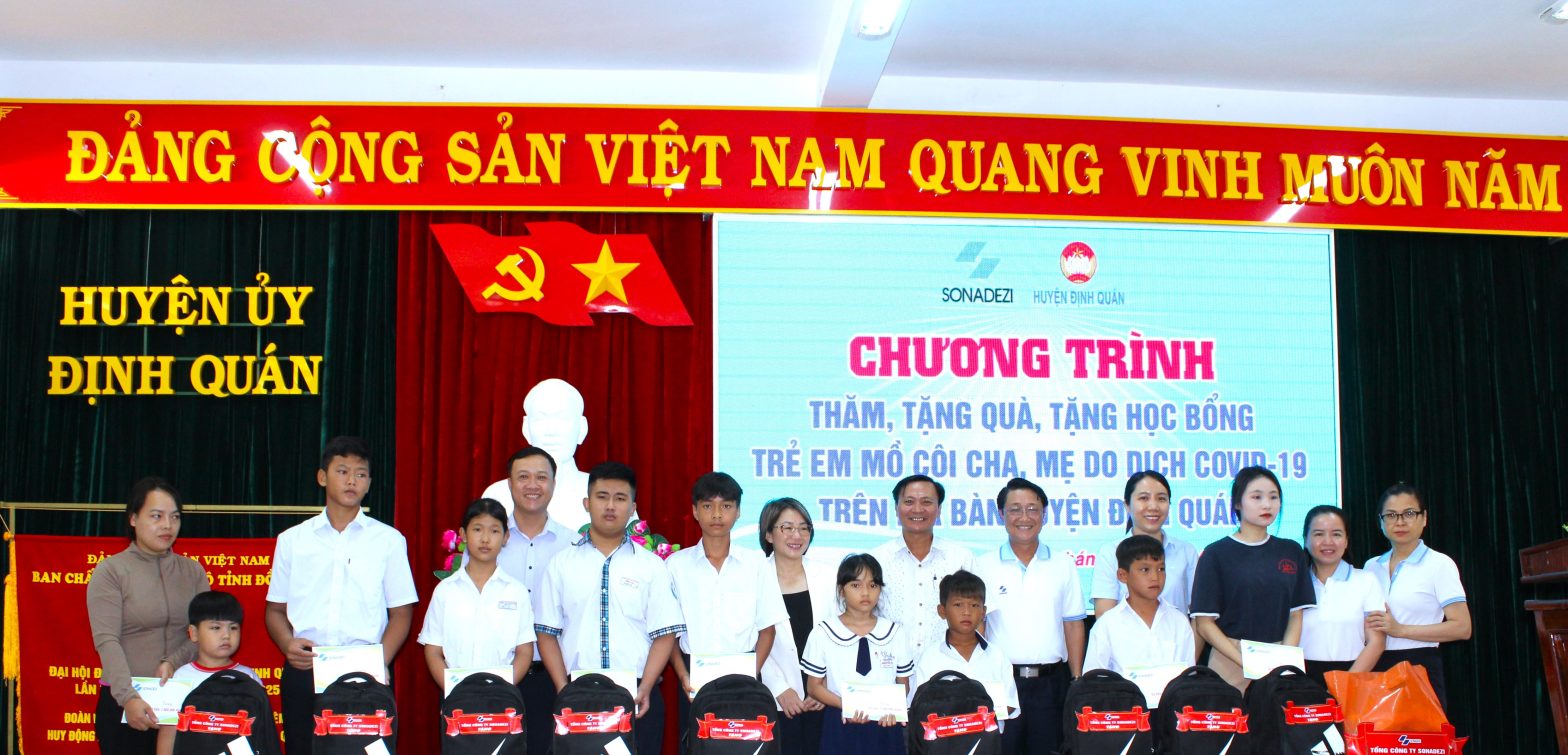The monitoring mission of the Central Committee of the Vietnam Fatherland Front paid a visit to Quang Trung Waste Treatment Plant on July 20.
This is one of the activities in its working agenda in Dong Nai to monitor the implementation progress of policies and laws on exploitation of natural resources, environmental protection and response to climate change. The mission was led by Mr. Phung Khanh Tai – Vice Chairman of the Central Committee of the Vietnam Fatherland Front. Representatives of Dong Nai departments and agencies joined the mission.

A working session of the monitoring mission at Quang Trung Waste Treatment Plant
Domestic waste treatment using Belgian technology
Sharing with the monitoring mission on the operation of Quang Trung Waste Treatment Plant, as noted by the leader of Sonadezi Service Joint Stock Company (SDV), after 11 years of development, the Company has made investment in the plant beyond initial requirements as indicated in the project approval decision and the approved environmental impact assessment report.
Currently, Quang Trung Waste Treatment Plant is handling domestic waste for 08/11 districts and cities in Dong Nai province with a volume of about 1,200 tons/day. The entire amount of domestic waste is treated at its waste recycling station for composting purposes, powered by Belgian technology, with a capacity of 400 tons/8h/2 treatment lines, with a total investment of nearly VND 200 billion.

The mission was examining the plant’s wastewater treatment zone
Currently, the percentage of inert waste for landfill at Quang Trung Waste Treatment Plant is 14.5% (buried in sanitary landfills); 70.5% of its organic waste is transferred to the composting workshops, 13% of leachate is collected and treated as prescribed and reused for irrigation purposes and 2% of plastic waste is recycled.
The SDV leader also added that the company is completing the investment procedures for an incinerator project with a capacity of 150 tons/day in Quang Trung Waste Treatment Plant to thoroughly treat the remaining 14.5% of inert waste which is being buried. It is expected that the Company will start this project in 2021.

The mission visited the waste recycling station for composting purposes
Following introduction by the Company, the mission members from the Central Committee of the Vietnam Fatherland Front learned more about the treatment process and technology, the quality of compost, issues in wastewater treatment and employee policies for the Quang Trung Waste Treatment Plant.
The mission then examined component of the waste treatment process of Quang Trung Waste Treatment Plant. The mission acknowledged that this is a large-scale project, with appropriate and modern treatment technology in a closed-loop process and an automated domestic waste treatment line. The mission assessed this as one of the domestic waste treatment models that should be replicated in other areas.

The monitoring mission learned about how the Quang Trung Waste Treatment Plant is operated
Issues in waste treatment to be addressed
Also, at the meeting with the monitoring mission, leaders of SDV Company shared existing issues in investment in waste treatment. Among others, the biggest challenge lies in the procurement for waste treatment services. This procurement process is now undertaken on an annual basis according to the local budget availability. A waste treatment plant would be active if its owner wins a service contract, to be determined annually. This leads to high risks to business investment. There is no guarantee if one enterprise would win a contract, thus discouraging it to pour much investment in treatment facilities and making it harder for it to plan for and promote efficient operations.
On top of that, the procurement procedures are lengthy and burdensome, coupled with limitations in verification and final payment. It is suggested that the authorities procure waste treatment services under contracts that last 3-5 years or even 10-15 years to create enabling conditions for and encourage business investment in facilities.
Another issue is that the unit price of waste treatment remains low, not corresponding to business investment in technology. Currently, treatment technology is constantly improving and regulations on waste treatment are increasingly stricter, but the unit cost of waste treatment services is yet to reflect business investment in and actual costs of waste treatment.
In its report shared with the monitoring mission, SDV Company also presented other issues and recommendations such as: Provincial departments should encourage and guide local people on sorting household waste at source to limit odor generation and facilitate waste collection and treatment by the Company. Local authorities should soon request waste collection and transport service providers to upgrade their non-standard domestic garbage trucks into trash compactor trucks to avoid environmental pollution and impacts on local people along transportation routes.
Regarding construction procedures, the remaining construction items at Quang Trung Waste Treatment Plant are manageable, so SDV Company suggested that: for final verification before official launch, the Ministry of Construction should authorize the its Southern Agency or Dong Nai Department of Construction to perform such verification so that the Company can soon complete the procedures.

Mr. Phung Khanh Tai – Vice Chairman of the Central Committee of the Vietnam Fatherland Front addressed at the meeting
Concluding the meeting, Mr. Phung Khanh Tai – Vice Chairman of the Central Committee of the Vietnam Fatherland Front emphasized that: “The monitoring mission fully noted requests and recommendations of Sonadezi Service Joint Stock Company. The mission will compile and classify each of its requests and suggestions before working on solutions with the local government, the Ministry of Natural Resources and Environment and relevant agencies towards a more enabling business environment to support its efficient operation of the waste treatment plant”.
Sharing on its environmental protection activities with the monitoring mission of the Central Committee of the Vietnam Fatherland Front, the SDV representative noted that the Company conducts source emissions, wastewater, sludge monitoring every 3 months, plus ambient air and working environment air monitoring every 6 months, with reports submitted to state management agencies. In addition, in October 2019, the Company installed an automated emission monitoring system for its industrial waste incinerator. All data on emission parameters are shared directly to the database of Dong Nai Department of Natural Resources and Environment, Ministry of Natural Resources and Environment for monitoring and supervision.







